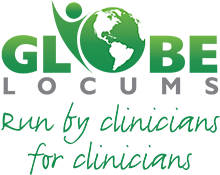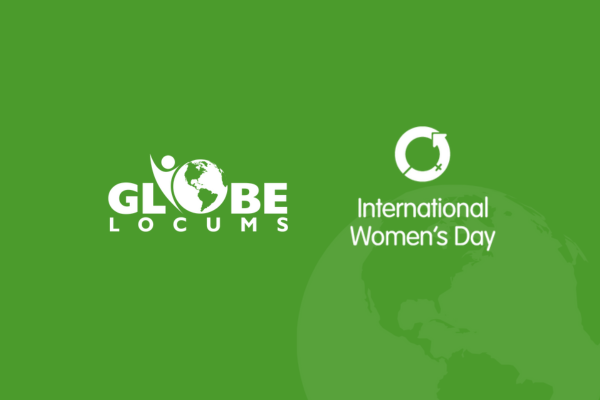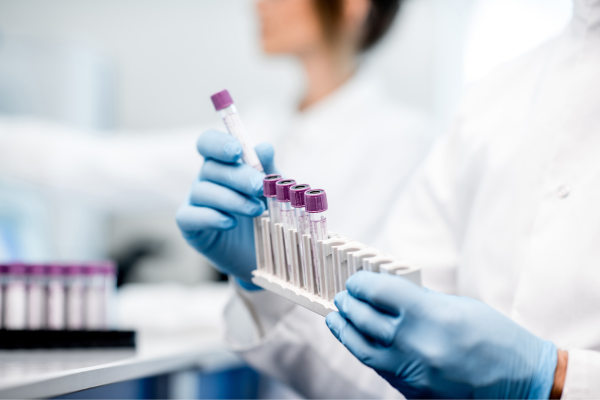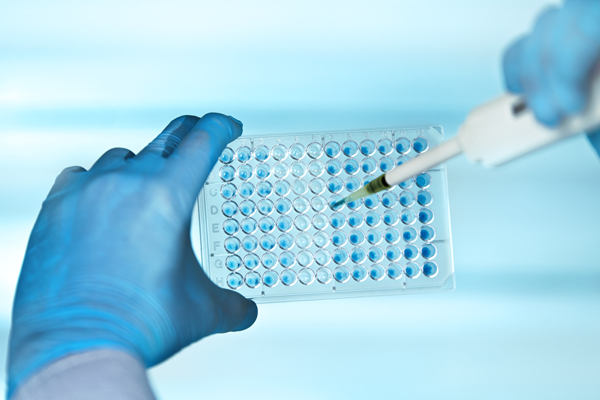Top 10 jobs you can do with a biomedical science degree
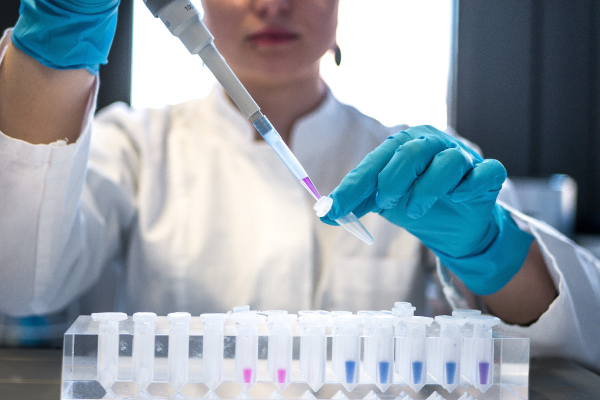
If you are about to graduate with a biomedical science degree, you might be worried about what you will do with your knowledge. The truth is that there are many different jobs you can apply for after finishing your degree. Some of them have to do with the medical field, while others are related to basic science. Below, we'll look at the most common jobs you can do with a biomedical science degree.
What is biomedical science?
Biomedical science or biomedicine is a set of sciences that deal with studying the human body and its functions.
The word 'biomedicine' is derived from biology (the study of living organisms) and medicine (the science and art of healing).
It is a broad discipline, and it encompasses many different fields, including:
Pharmacology
Epidemiology
Histology
Biochemistry and microbiology
Jobs you can do with a biomedical science degree
The following are some of the most common career paths for biomedical scientists:
Forensic scientist
Forensic science is a field that offers a lot of opportunities to apply your biomedical science skills. Forensic science encompasses many disciplines, including biology, chemistry, physics, and psychology.
The most common forensic scientist is the crime scene investigator (CSI), who collects evidence from a crime scene, analyses it, and presents their findings to the court. This can involve collecting fingerprints or DNA samples from items at the scene or examining photographs taken by police officers.
A biomedical science degree will give you a strong background in biology and chemistry to help you succeed as a forensic scientist.
Toxicologist
A toxicologist is an expert in the study of poisons. They are often called upon to test new drugs and chemicals to identify any possible toxic effects before humans use them. They also frequently work for government agencies that deal with toxic substances.
The toxicologist must understand how the human body works and how it reacts to different chemicals. They also must understand the chemical processes that occur within the body. The toxicologist needs to be able to read and interpret scientific literature and evaluate its validity.
A biomedical science degree is the best way to prepare for this career as it combines coursework in biology and chemistry with courses that focus on human health and disease.
Clinical research associate
Clinical research associates are the people who work in clinical trials, helping to develop new drugs and treatments for patients. They're the ones who test out new drugs on humans and collect data from those trials. The job requires a lot of attention to detail and the ability to work well with others in a team setting. This is an excellent job for someone with a biomedical science background who wants to do something that directly helps people.
Biomedical engineer
Biomedical engineers use their knowledge of biology and medicine to create new technologies to improve patient care.
They design and develop medical devices like artificial organs and prosthetics. They also help develop new technologies for treating disease and creating new drugs.
Biomedical engineers need to understand physics and engineering principles, but they also need an understanding of biology and chemistry to do their job well.
A biomedical engineering degree requires an understanding of biology, chemistry, physics, computer science, and mathematics. It's not something you can do without extensive training!
Medical Sales Representative
Biomedical science graduates can use their knowledge of medical technology to sell medical equipment and supplies to hospitals, clinics, and other healthcare facilities. These sales reps must know the ins and outs of the products they're selling to be able to answer all questions about the product's features and benefits.
A biomedical science degree can prepare you for this career path by teaching you how drugs work in the body, how they're tested, and their side effects. You'll learn about different types of medications and how they interact with each other.
Dentist
If you're interested in dentistry and want to help people maintain healthy teeth, becoming a dentist would be an excellent option. With a biomedical science degree and some additional training, you could become a general dentist or specialise in another area such as orthodontics or oral surgery.
Epidemiologist
Epidemiologists are highly trained in the field of biomedical science. They study the causes, distribution, and control of diseases in human populations. They use statistical methods to find out which factors are involved in disease outbreaks, and they may also work to develop vaccines or treatments for new diseases.
Epidemiologists can work in various settings: public health agencies, academic institutions, non-governmental organisations (NGOs), and private companies or research laboratories. They often work long hours and travel between locations to collect data on outbreaks or other relevant information.
Genetic counsellor
Genetic counsellors are trained to provide genetic education and counselling services to individuals, families, and communities. They help their clients understand their risk for developing inherited disorders or having children with genetic conditions and offer support during testing and treatment processes. If you have a biomedical science degree, you can become a genetic counsellor after completing additional training.
Zoologist
If you're looking to make a career out of biomedical science, zoology could be an excellent choice. A zoologist studies animals and their behaviour in the wild or their natural environments. Zoologists might work in zoos, aquariums, or other educational or research institutions.
When you're studying biomedical science, you'll learn about how the body works and how diseases affect it. As a zoologist, you'll be able to apply this knowledge to your work with animals. You'll also learn about how different species interact with each other and how they can be affected by environmental factors like climate change or pollution.
Medical writer
Medical writing is one of the jobs you can do with a biomedical science degree. Medical writers work with doctors to create content for medical journals, websites, and pharmaceutical companies. They can also help create patient education materials and drug labels.
Unlike biomedical scientists, who spend their days in the lab or in the field studying new drugs or diseases, medical writers spend their time in front of a computer screen writing about those things.
Healthcare recruitment consultant
A recruitment consultant is responsible for finding, evaluating, and recruiting talent on behalf of companies. You don’t need to have a healthcare degree, but if you have a solid background in healthcare and understand the skills, experiences and level of expertise required for a role, you’ll have a fantastic head start over the candidates. Becoming a healthcare recruitment consultant is a great opportunity to promote healthcare roles and place people in their dream jobs.
Locum biomedical science jobs
If you're looking for a locum biomedical science job, Globe Locums is the place to look. We are a company that provides locum biomedical science jobs to qualified candidates. We work with hospitals and other healthcare organisations to fill their short-term and long-term staffing needs. We currently have many locum biomedical science jobs available in the United Kingdom, Ireland, Australia, and New Zealand.
If you are looking for jobs in biomedical science, please click here.
If you are a graduate in biomedical science and are considering starting your career as a recruitment consultant, please click here to find out more about careers at Globe.
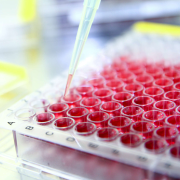
Latest Biomedical Science Jobs
We currently have a variety of locum and permanent vacancies across the UK and Ireland
